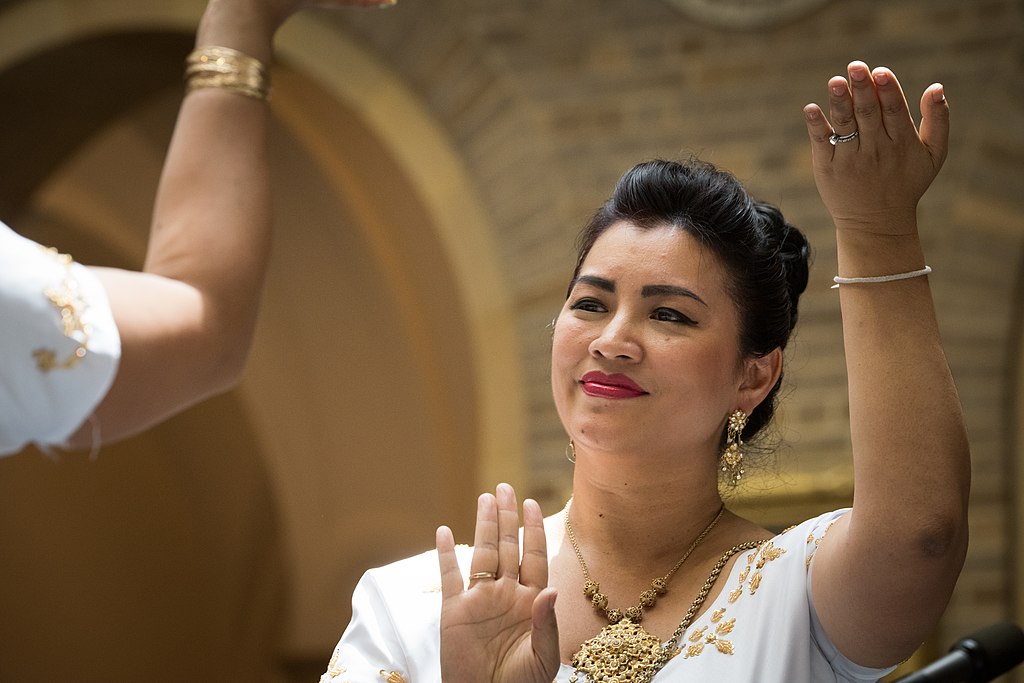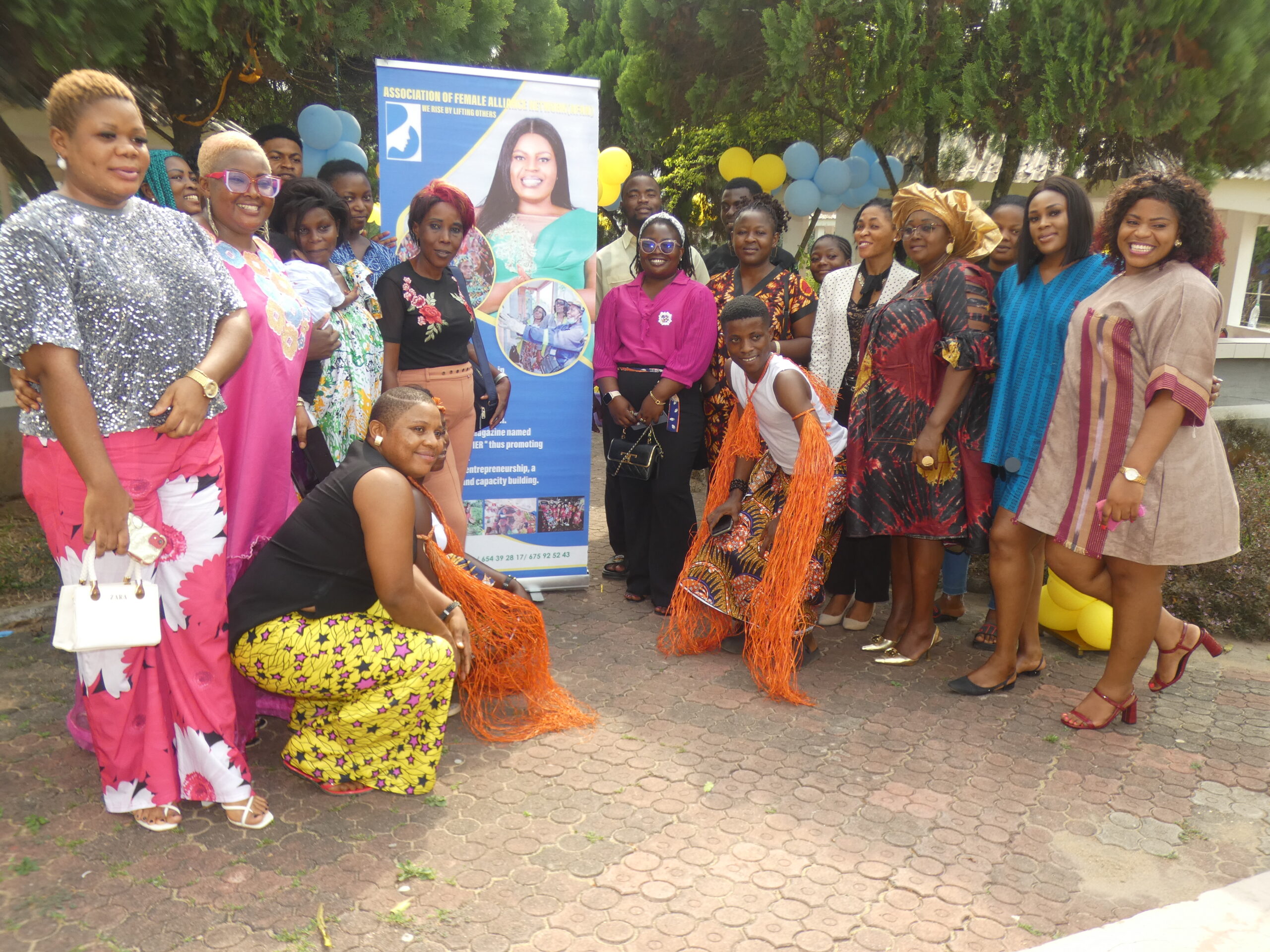In contemporary times, the phrase “women empowerment” is more than just a ubiquitous catchphrase. It has become a movement, a motivation, a propelling force in corporate boardrooms, in the corridors of power and in general societal discussions.
In Cameroon and many other countries, the 8th of March and the days leading up to it, is always marked with widespread celebration as the womenfolk celebrate their recognition and remind themselves of the need to be more heard and included in their respective fields of life. However, even as the authorities and organizations strive to support more visibility and inclusion of women, it is pivotal to do a deep scrutiny into the effectiveness of the concept vis-à-vis our present-day realities, especially as this year’s celebration will be marking 50 years since the International Women’s Day was first celebrated by the United Nations.
The campaign theme of this year’s celebration is “Accelerate Action”. This theme not only calls for more action to close the gap between women and men but also to take more active steps towards addressing systematic barriers and biases that have hampered women empowerment from getting to its full potential. This theme is very timely because according to statistics, the average Women’s Empowerment Index (WEI) score worldwide is 0.607, meaning that women are only empowered to achieve 60% of their full potential globally. A relatively negligible figure considering the amount of global effort that is being put in so far with respect to women empowerment. This can only mean one thing; that in our fight to empower women, it is time for a paradigm shift. In other words, we should adopt a more dynamic and action-oriented approach.

The first step towards accelerating action in women empowerment will entail a deeper look into those aspects that can improve or delay empowerment. Some of these limitations to women empowerment include:
Resources
In the Africa setting as a whole and Cameroon in particular, most speeches on women empowerment entail encouraging women to build or get involved in businesses. However, the truth is that, you can educate someone and provide them with all the information available but if they are not equipped with the adequate resources to meet up with their basic needs, they will not be able to function adequately let alone build or grow businesses. Presently most small and medium sized businesses are owned by women but even at that, most of these businesses are under-funded and the owners just use them to enable them afloat. It is imperative that women should be provided or connected to financial resources in order to help them meet their basic needs and start or grow businesses.
In addition to financial resources, women need access to other resources like land, information, technology, and natural resources. As recently as 2022, over 2.5 billion people still lacked internet access which in present times, is very much needed to start a business or even get a job. Until today, it is still quite challenging for women to own or secure rights to agricultural land in over 70 percent of countries worldwide.
When gender equal rights to access, own, and use resources is completely embraced, it will be easier for women to invest and improve in their well-being through education, starting a business, getting a job and generally taking control of their income to build a society that works for them.

Security
Women face numerous threats to their security almost on a daily basis, this includes gender-based violence, conflict, food insecurity and inadequate social protection. It is not new knowledge that violence at home or in the workplace can go a long way to delay or impede women’s rights as well as their input in their jobs or business. Also, with the rise in political instability, the number of women and girls living in conflict-affected countries keeps increasing and in the process, further exacerbate the already underlying financial and economic disparities not only between men and women, but even amongst women. For example, migrant women are twice more likely to experience violence than non-migrants.
Gender-responsive social protection systems such as maternity protection/benefits, gender-based increments just to name a few can improve on women empowerment, bring them out of poverty and make it easier for them to realize their rights and potentials.
Stereotyping
From time immemorial, we have stereotyped tasks amongst genders. For instance, a woman taking care of her baby is considered as natural or “her job” but if the father does the same thing, he is considered as “helping” his wife and he should be appreciated and applauded. Another common example is seen where a woman who is handling her family alone without any male support is being applauded for being the “man” of the home, because according to the society, acts which require more risks, courage or strength are attributable only to men. Similarly, some jobs and activities have stereotypically been attributed as more suitable to men that women and this has gone a long way to discourage some women from pursuing such career paths, and even when they do, they have to work twice as hard as their male counterparts in order to succeed or be noticed.
It’s high time we let go of gender stereotyping and start being more open-minded by focusing on individual capabilities and competences. The elimination of stereotypes will give way for equal opportunities and gender balance between men and women.
It is therefore safe for us to conclude that, when we take the necessary actions to remove the challenges to women empowerment, many issues plaguing the society will be positively affected such as gender-based violence, political and social participation as well as women in leadership role.
Yvette Monjowa









